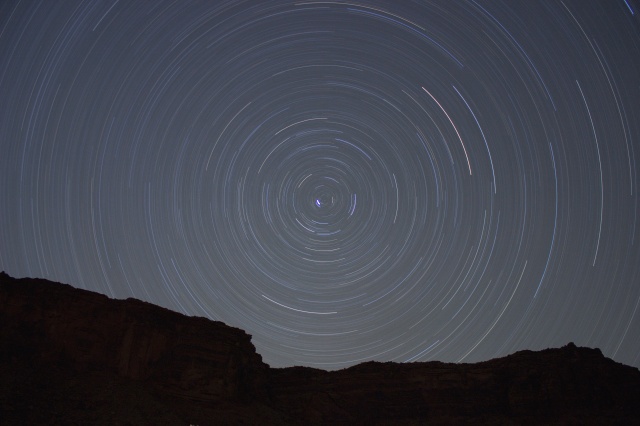 I have no history with writing conferences. My world of presuppositions going into it were mostly derived from the rumors I had heard from friends who had visited various writing conferences. Earlier this year, I had the opportunity to visit a writing conference. I wanted to share a little bit about that and some of the strengths and weaknesses I see in conferences.
I have no history with writing conferences. My world of presuppositions going into it were mostly derived from the rumors I had heard from friends who had visited various writing conferences. Earlier this year, I had the opportunity to visit a writing conference. I wanted to share a little bit about that and some of the strengths and weaknesses I see in conferences.
The Indiana Faith and Writing Conference was a small conference that took place at Anderson University. While it was a small conference it didn’t lack in quality speakers and writers. The university was accommodating and the venues worked well for the presentations.
Each workshop had its own location and time which were almost always back to back. On one hand this kept the pace going but it didn’t leave a lot of time to digest lectures between speakers. It also hurried people from one place to the next without allowing a lot of mingling and interaction.
The speakers were overall quite excellent. I think that if anyone is considering visiting a conference though that they should spend the time and energy to research as many of the speakers as possible. While some of the talks I went to were well put together not all of them truly spoke to me or my focus in writing. Knowing who the speakers were all in advance would have fixed that problem and given me a clearer sense of expectation.
I think that the most important thing that can be gained at a writing conference is connections. You will exist in a high concentration of writers for several days. The only topic of discussion will be writing during an event about writing. There will never be a better time to talk to other writers about writing.
Finding people who have similar interests can suddenly become much easier at a writing conference. Making the effort to go outside of your comfort zone to find these people will almost always be worth it. Also it is a good chance to find people who may have push or pull in your field and might be a valuable asset in the future.
While I just said that writing conferences are the best time to make connections, I think that there should be a direct correlations between how we act at writing conferences and how we should be acting in our daily lives. We live in a technology dominated world where you can connect and talk to anyone in the world almost instantly. This opportunity should not be passed over.
Everyday gives you the chance to make those same connections through social networking. Most people and especially writers spend a lot of time on the internet. The internet even seeks to organize people of similar interests into the forums and websites. If we pursued our internet conversations and interactions with the same voracity as we pursue connections at writing conferences I don’t think there would be any writers who felt alone in their field.
As a final note I think that writing conferences are a wonderful opportunity to concentrate writers together and let them interact in the real world. But I don’t think the energy and hype should stop when the conference ends. Each day should be an invigorating step forward in our journey as writers. I dearly hope that each day can be so for me.



